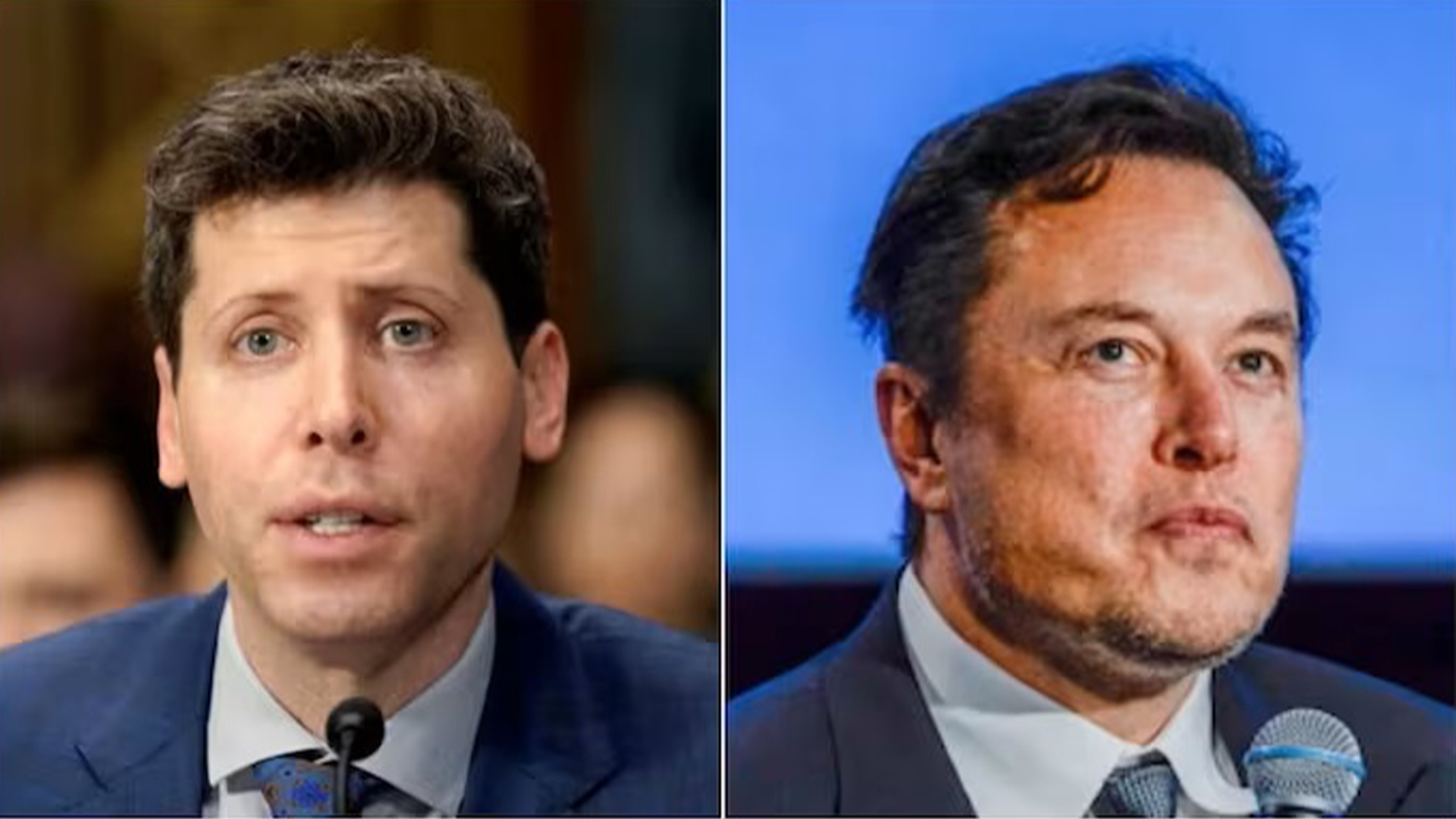OpenAI Rebuts Elon Musk Lawsuit, Reveals Emails On Tesla Merger And $1B Fundraising
OpenAI rebuts Elon Musk lawsuit. The organization responded to Musk's lawsuit by revealing a series of emails that challenge the billionaire's current claims and highlight his past support.
Author:Hajra ShannonReviewer:Paolo ReynaMar 07, 202495 Shares94.8K Views

In a surprising twist to the legal battle between OpenAI and its co-founder Elon Musk, OpenAI rebuts Elon Musk lawsuit. The organization responded to Musk's lawsuit by revealing a series of emails that challenge the billionaire's current claims and highlight his past support. The revealed messages provide a nuanced perspective, contradicting Musk's allegations of OpenAI deviating from its original nonprofit mission.
Musk's Contradictory Stance On Funding And Secrecy - From Funding To For-Profit
At the core of OpenAI's counteraction are emails from Musk dating back to December 2018, revealing a dual narrative where Musk not only endorsed substantial fundraising efforts by OpenAI but also recommended a gradual shift towards a more closed approach over time. The dichotomy between Musk's past endorsements and his current legal accusations paints a dynamic picture of the entrepreneur's evolving perspectives.
Musk's legal team's claims in the lawsuit assert that OpenAI's GPT-4 AI model operates in complete secrecy, with only OpenAI and, according to Musk, Microsoft having access. The alleged motivation behind this secrecy is purportedly commercial gain rather than safety considerations. OpenAI has staunchly denied these allegations, expressing its commitment to transparency and stating its intent to dismiss Musk's claims.
The central point of contention in the legal dispute is a vaguely defined "contract" rather than a formal written agreement, raising questions about the solidity of Musk's accusations. OpenAI, in its comprehensive response published on its website, quoted Musk's earlier endorsements of the startup's transition to a for-profit entity. The co-founders, including CEO Sam Altman, shed light on their negotiations with Musk, revealing his suggestion for a potential merger with Tesla.
Musk, now at the helm of Tesla, SpaceX, and X Corp., and with additional ventures like Neuralink and xAI, played a pivotal role in OpenAI until his departure in 2018. The disclosed emails underscore Musk's pursuit of majority equity, initial board control, and the CEO position—a proposition that clashed with OpenAI's mission and led to his eventual exit.
OpenAI's leaders expressed regret over the strained relationship with Musk, acknowledging his initial inspiration and subsequent divergence in vision. The co-founders quoted Musk's earlier support in emails from January 2018, where he agreed with the idea of OpenAI relying on Tesla as its "cash cow," leveraging the automaker's financial strength.
As the legal saga unfolds, the authenticity of the disclosed emails remains a point of contention, adding an additional layer to the ongoing dispute between Musk and OpenAI. The startup's leaders underscored their commitment to the mission in their response but refrained from diving deeper into the personal and organizational challenges arising from the legal conflict.
Conclusion
The public is left to navigate through the revealed emails, attempting to decipher the true nature of the conflict that has unfolded within one of the leading players in the AI landscape.

Hajra Shannon
Author
Hajra Shannona is a highly experienced journalist with over 9 years of expertise in news writing, investigative reporting, and political analysis.
She holds a Bachelor's degree in Journalism from Columbia University and has contributed to reputable publications focusing on global affairs, human rights, and environmental sustainability.
Hajra's authoritative voice and trustworthy reporting reflect her commitment to delivering insightful news content.
Beyond journalism, she enjoys exploring new cultures through travel and pursuing outdoor photography

Paolo Reyna
Reviewer
Paolo Reyna is a writer and storyteller with a wide range of interests. He graduated from New York University with a Bachelor of Arts in Journalism and Media Studies.
Paolo enjoys writing about celebrity culture, gaming, visual arts, and events. He has a keen eye for trends in popular culture and an enthusiasm for exploring new ideas. Paolo's writing aims to inform and entertain while providing fresh perspectives on the topics that interest him most.
In his free time, he loves to travel, watch films, read books, and socialize with friends.
Latest Articles
Popular Articles